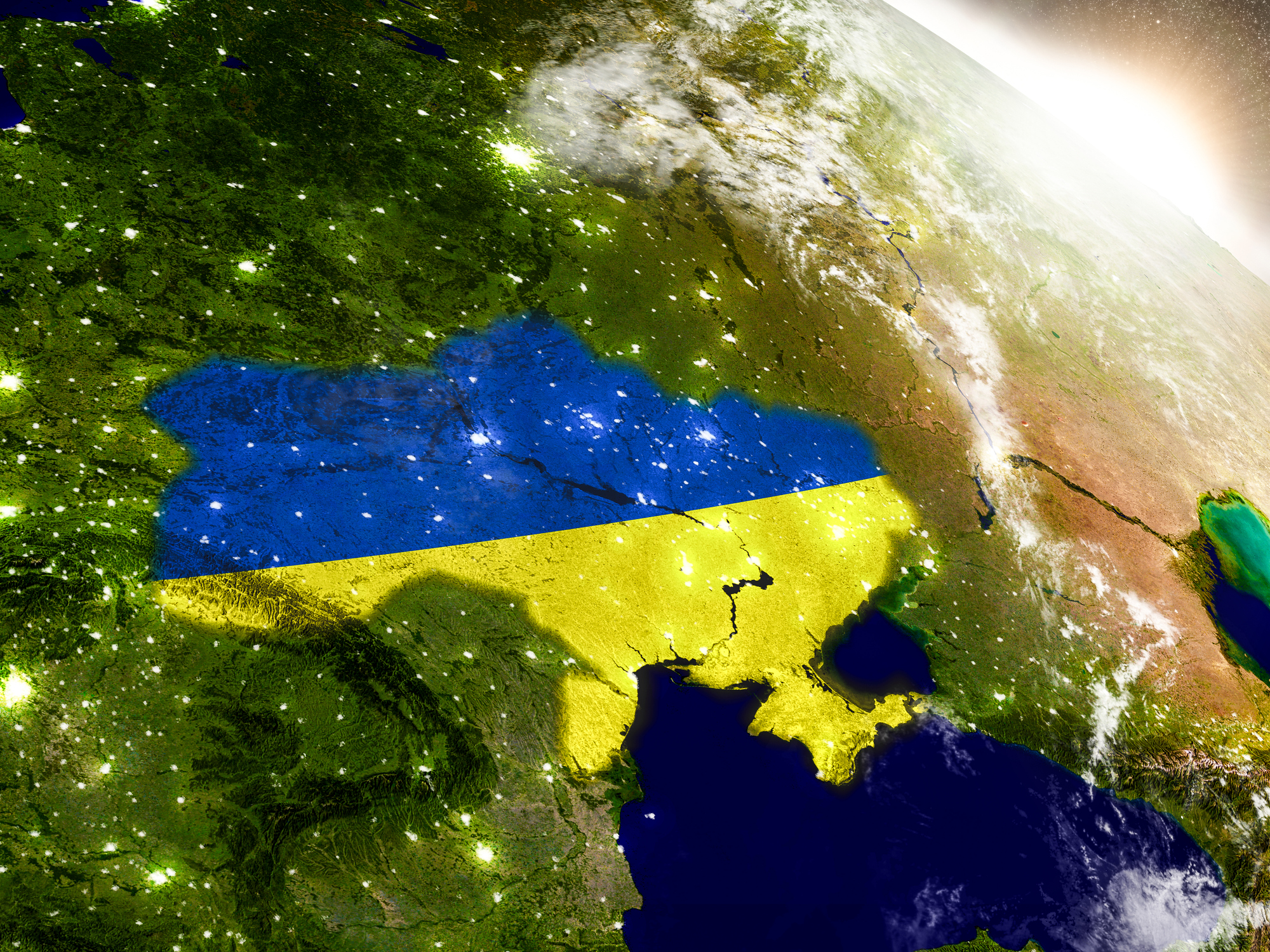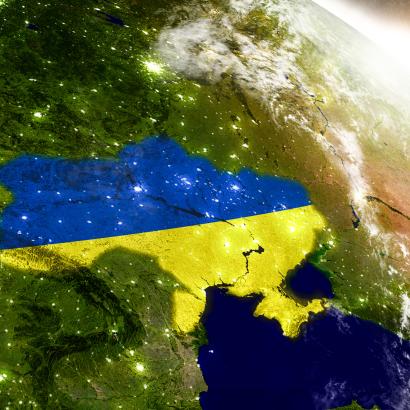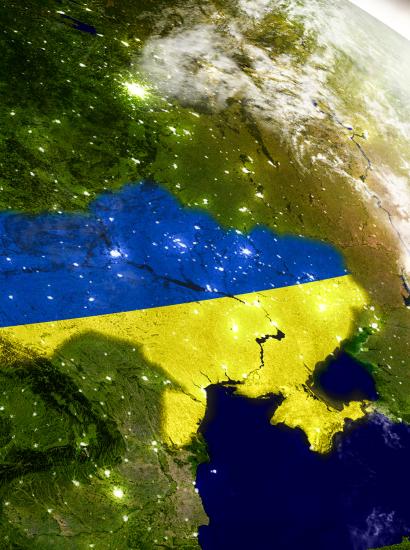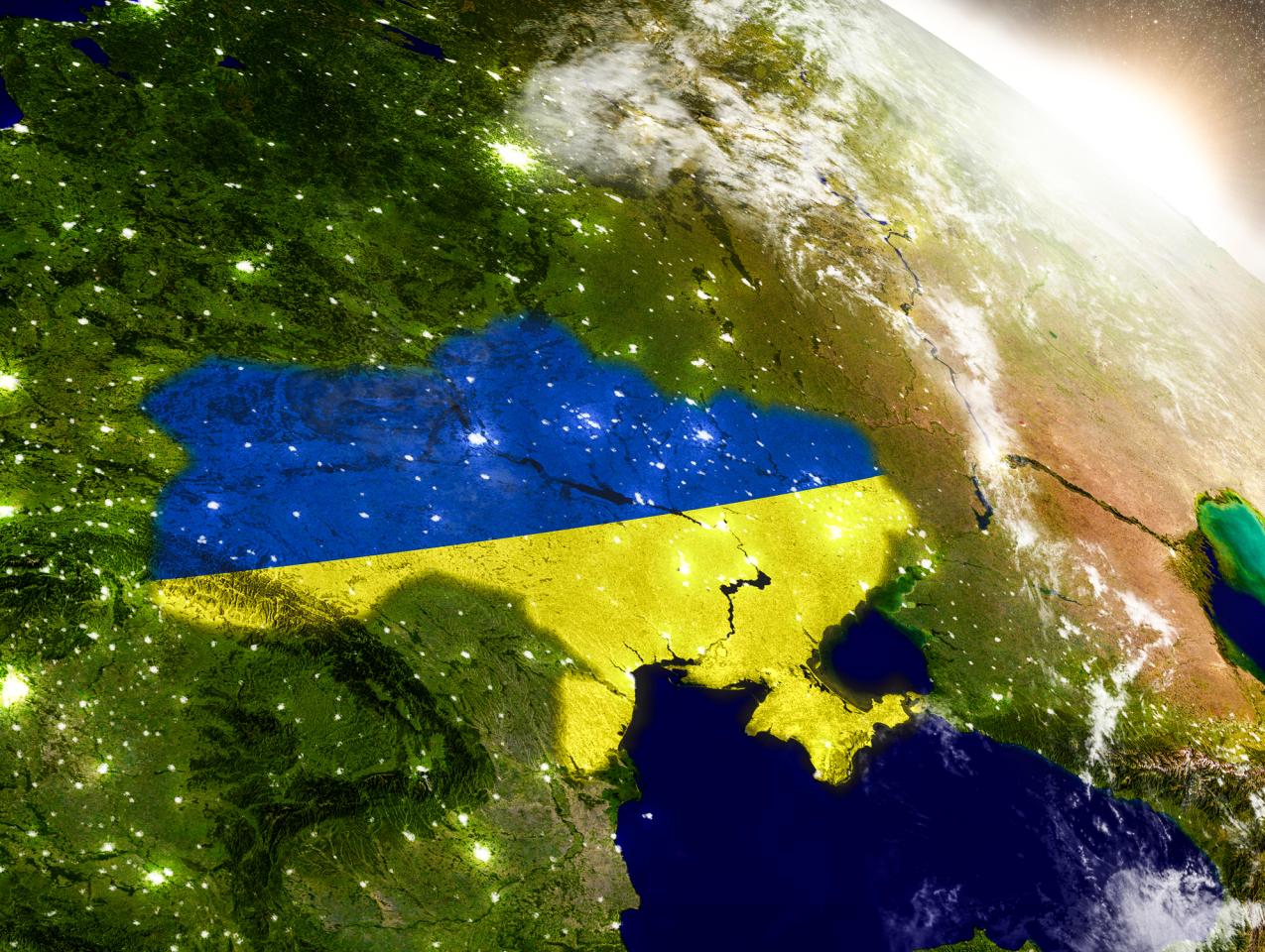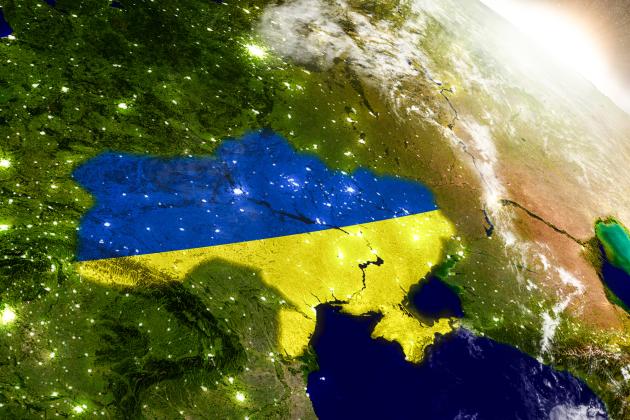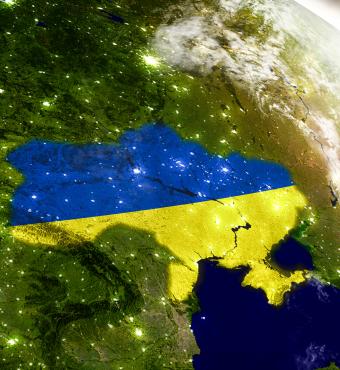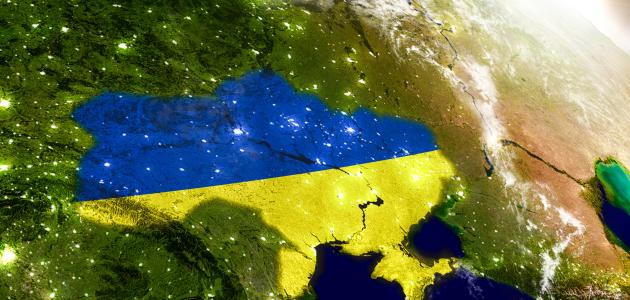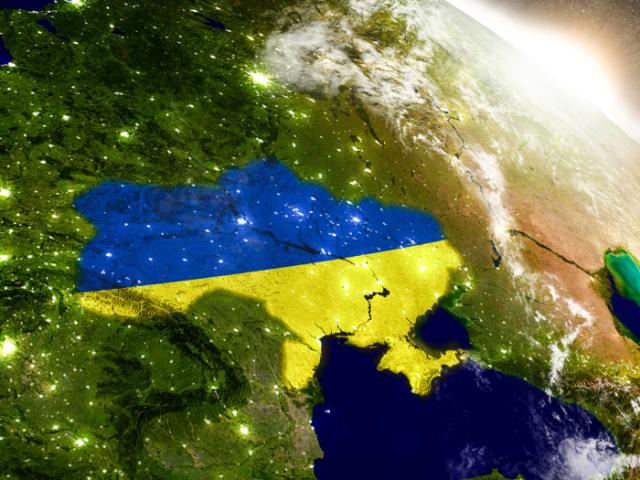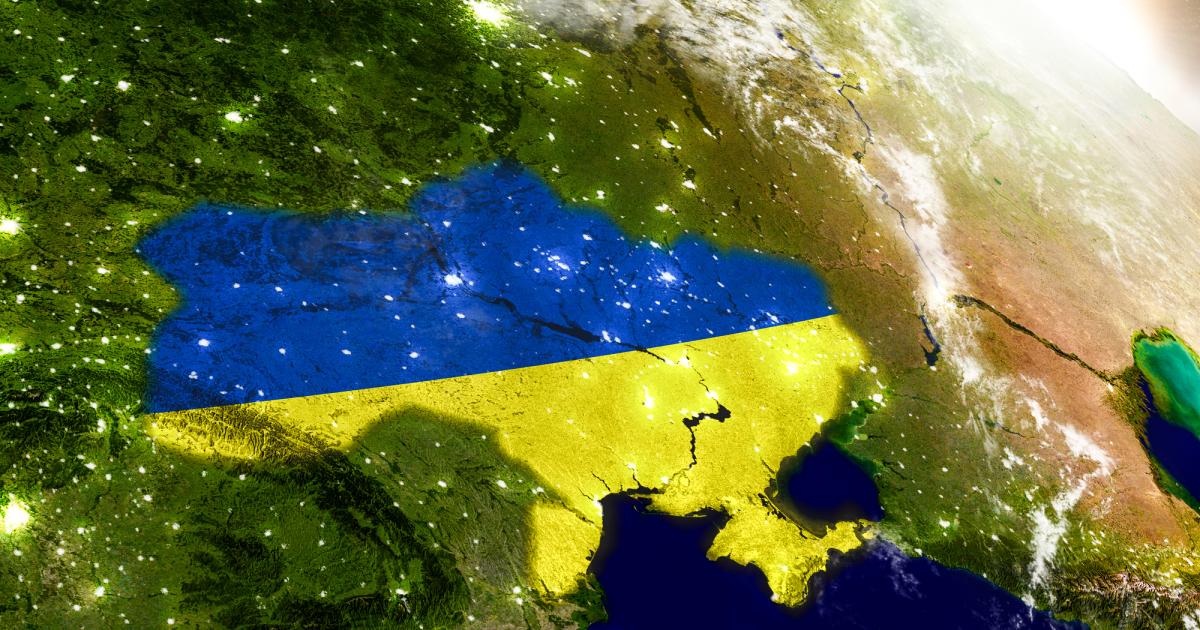- History
How desirable and just that the Russian invasion of Ukraine aimed at weakening NATO may end up considerably strengthening it. Sweden and Finland have joined NATO as a result, adding their formidable militaries to the alliance while considerably increasing NATO’s strategic depth on its northern flank. Ukraine’s heroic and effective resistance to the Russian invasion also has established a strong gravitational pull for Ukrainian membership in NATO sooner rather than later.
Unrealistc realists opposed to Ukraine joining NATO gullibly base their objections on Putin’s tendentious account of Russian history, and on his spurious claim that NATO’s eastward expansion provoked Russia needlessly and recklessly. This is false. NATO is a defensive alliance, hardly a genuine threat to a Russian state spanning eleven time zones even minus Ukraine.
NATO expansion is indeed the pretext, not the cause, of Putin’s implacable ambition illegitimately to reassert Russian dominance over central Europe, starting but not finishing with Ukraine. The United States has a vital moral and strategic interest in thwarting that ambition. NATO’s eastward expansion came about in the first place largely because of the ardent, prudent, and prescient desire of formerly captive nations to become part of the West while protecting themselves against a resurgence of Russian authoritarianism and revanchism. This is especially true for Ukraine, the victims of Great-Russian authoritarianism, an even more repressive Soviet totalitarianism, and Stalin’s Holodomor, one of the worst crimes in European history.
The United States and the rest of NATO owe Ukraine a great deal for thus far repelling the Russian invasion, because Ukraine is fighting our fight as much as their own. Writing in 1997, Zbigniew Brzezinski foresaw why Putin envisaged Russian subjugation of Ukraine as a pivotal first step for achieving his grand design: “Without Ukraine, Russia ceases to be a Eurasian empire… However, if Moscow regains control over Ukraine, with its 52 million people and major resources as well as its access to the Black Sea, Russia automatically regains the wherewithal to become a powerful imperial state, spanning Europe and Asia.”[1] Brzezinski’s logic encapsulates why NATO should provide without delay all the military, political, and economic assistance Ukraine requires to keep the Russians at bay.
Any outcome of the war which leaves Ukraine without credible security guarantees will only invite a reprise of Russian aggression so long as Putin remains in charge. Putin will never stop striving to subjugate Ukraine and dominate Europe absent a clear, credible, muscular deterrent that eventually––after integrating a capable and fiercely motivated Ukrainian military into NATO––will be enhanced significantly. The prospect of soon joining NATO also would provide a major and timely impetus for Ukraine to reform its heretofore corrupt and dysfunctional political institutions to satisfy the NATO membership requirement of having stable, transparent, accountable, democratic, market-oriented regime under the rule of law. Those worried about the cost benefit analysis of American commitments abroad will find few national security bargains in our portfolio better than enabling Ukraine to stop Putin in his tracks. Should Ukraine fail, the United States and NATO will pay a staggeringly steeper price in the long run.
Conversely, unrealistic realists advocating propitiating Putin’s sensibilities by sacrificing Ukraine do not have history in their corner. On the contrary, Putin has a long record of using negotiations to wage war by other means. He has serially violated security agreements that rely solely on his goodwill, starting with the 1994 Russian-Ukrainian-American accord whereby Ukraine gave up its nuclear weapons in exchange for a Russian promise, which Putin shredded, to respect Ukrainian sovereignty, including Crimea. Obama’s conciliatory policies toward Russia did not placate but emboldened Putin to invade Ukraine the first time in 2014, to underwrite Assad’s murderous regime in Syria, and to reassert itself as a major power in the Middle East at U.S. expense. Likewise, President Biden’s rerun of Obama’s Reset early in his administration—an inadequate and shrinking defense budget, reentering a START Treaty heavily favorable to Russia, and the administration’s ignominious pullout from Afghanistan—did not placate Putin but emboldened him to invade Ukraine for a second time.
Unrealistic realists thus exaggerate the risks of Ukraine joining NATO and underestimate the benefits. They minimize, too, the moral and strategic cost of giving Putin a veto on NATO expansion. We should take Putin’s enmity as a given, regardless of what we do. So why not deter Putin by denial [of what?], augmenting NATO’s massive preponderance of power and resources by integrating Ukraine’s military into NATO along with Sweden’s and Finland’s? Confounding Putin’s expectations also may bolster deterrence beyond Europe, warning Xi Jinping in particular that any showdown with a strong, resolute American-led alliance system risks leaving the PRC substantially worse off rather than before.
[1] Zbigniew Brzezinski, The Grand Chessboard: American Primacy and Its Geostrategic Imperatives (Basic Books, 1997), 46.







